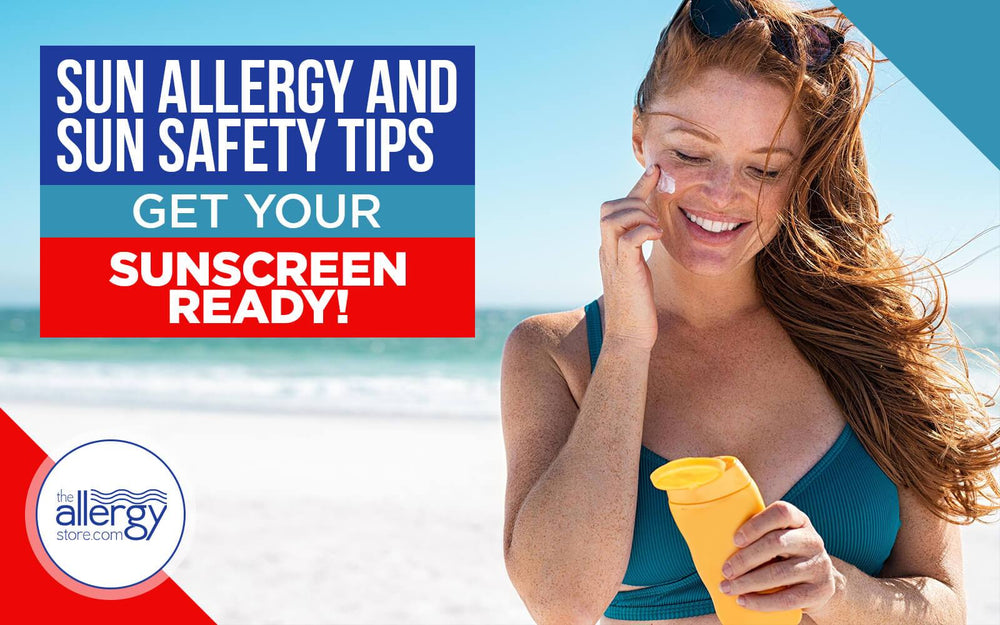
Winter certainly overstayed its welcome this year. Winter hung around until spring should have been underway. That means that summer will be here before you know it.
If you ignored your skin this winter, it is already dry. However, it is never too late to start thinking about protecting your skin.
Many people experience a weird allergy every year upon their first few exposures to the sun and wonder if they are allergic to the sun. This is a polymorphic light eruption. Exposure to the sun causes an itchy red rash. This is not to be confused with sunburn.
The polymorphic light eruption may only happen when you are taking certain medications or eat trigger foods or it may happen only the first time your skin sees the sun. For most mild cases, no treatment is needed other than moisturizing and maybe an over the counter corticosteroid cream for the itching.
Factors such as family members who experience sun allergy or previous outbreaks of sun allergy are indicators that it can happen again. Whether you have sun allergy or not, it is a good idea to protect your skin when going out into the spring and summer sun.
Unfortunately, many of the sunscreens on the market can cause allergy problems themselves. The Environmental Working Group publishes a Skin Deep Database where you can see the safety of the ingredients used to make most personal care items.
When it comes to sunscreens, you want a product that is PABA free. This common ingredient in sunscreen has resulted in many a case of a polymorphic light eruption in the very people that are trying to avoid it.
Avoid sunscreens with Vitamin A or Retinyl Palmitate. It would seem that if vitamin A is good for the skin then it should be in sunscreen. Wrong! Researchers found that vitamin A actually speeds the growth and size of tumors when applied to skin exposed to sunlight.
Another ingredient to avoid is an ingredient that has “paraben” in its name or as a part of a long, hyphenated name. Parabens have been controversial in personal care products for years. Because parabens have been found in breast tumors, there is a link to certain cancers. Do not put anything on your skin that linked to cancer if you are trying to prevent cancer!
Babies and small children have sensitive skin. Cover the little ones up and keep them out of the sun when the rays are the strongest. Make sure that the sunscreen you put on your skin and your family is safe. Remember that a higher SPF is not really better.
If you want a sunscreen that is free of harmful ingredients and will not promote sun allergy try Vanicream’s SunSport 35 sunscreen. Because it is waterproof, it is perfect for splashing in the pool or dashing through the sprinkler in the yard. It protects from the sun and is safe for you and your children.
Wishing you the best of health

